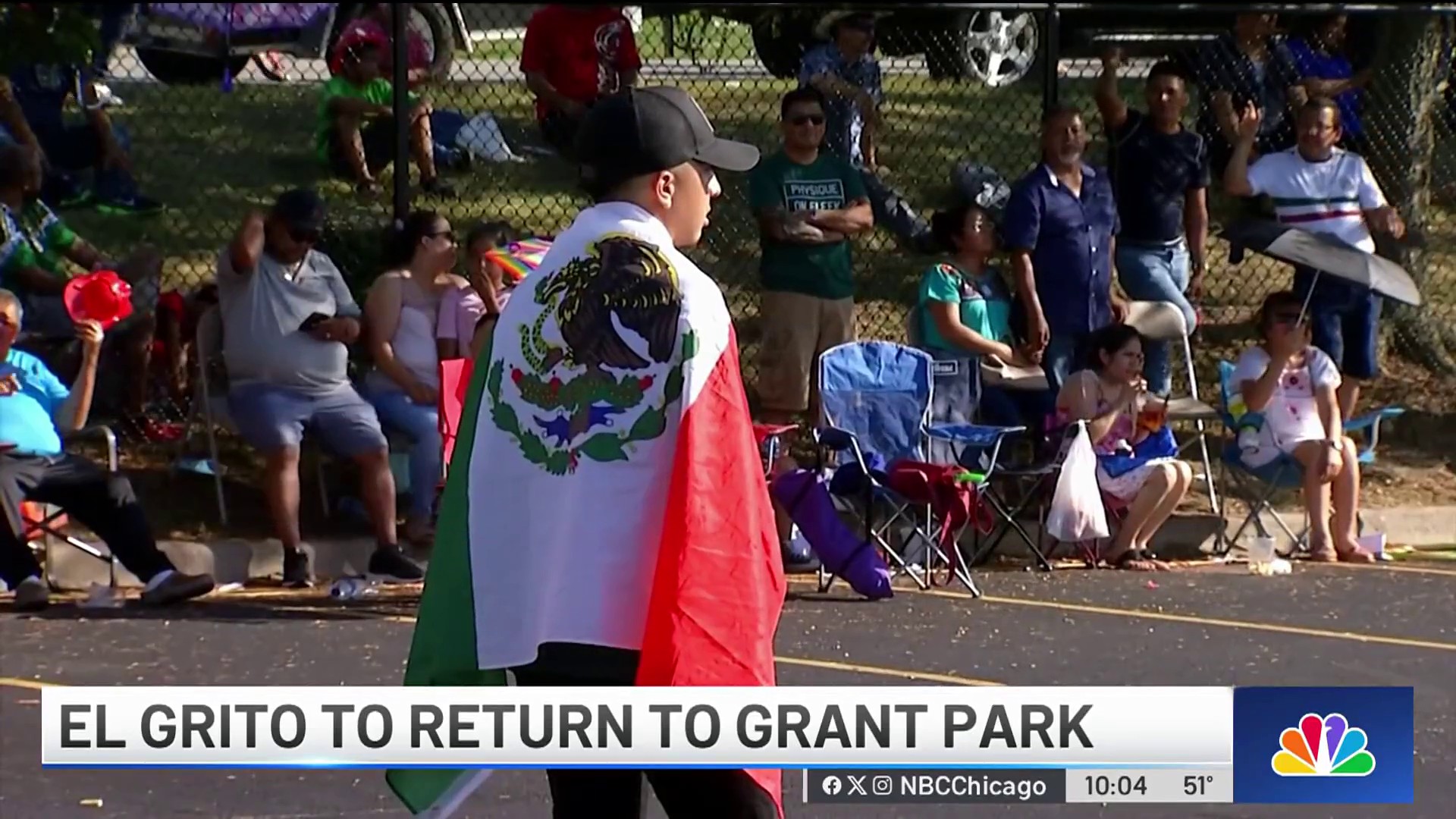The Chicago City Council unanimously approved a zoning change that clears the way for a Wal-Mart to be built in the south side neighborhood of Pullman. The decision ends a years long fight over wages that was keeping the world's largest retailer from building a second location.
Ward Room was liveblogging the City Council meeting as the vote happened.
Running updates:
2:05 p.m. The Walmart re-zoning is passed on a voice vote. Mayor Daley pounds the gavel.
2 p.m. Ald. Edward Burke is invoking the history of labor struggles in Chicago.
"This afternoon, there's some irony as we witness another milestone near the site of the Pullman strike. Walmart, for the first time, has had conversations with labor," and as a result, has "created a plan that recognizes the history of Chicago as a labor city."
1:45 p.m. "I will vote yes, but I'm holding my nose," says Ald. Sharon Dixon. "I'm holding my nose because we're accepting a very low standard: $8.75 an hour."
Local
Dixon points out that Henry Ford paid his workers the then-munificent sum of $5 a day so they could buy his cars.
1:40 p.m. Ald. Pat Dowell wants Walmart to pay higher wages and provide health care to its employees, as well as work with more minority suppliers. She also wants support for small businesses threatened by Walmart.
"We live in America," Dowell says. "I don't want to live in Walmartica."
1:30 p.m. "I'm going to support this ordinance, but not without a great deal of trepidation," says Ald. Joe Moore. "We did accomplish a victory. For the first time in the history of this country, Walmart sat down and negotiated with labor."
Moore worries that the new jobs at Walmart will mean lost jobs at small groceries, hardware stores and clothing stores.
"Walmart is a zero sum game," he says. "A new store doesn't cause a consumer to spend more money. It causes them to shift spending from one entity to another."
1:20 p.m. Ald. George Cardenas used to earn $3.75 an hour as a prep cook at Bennigan's. You've got to start somewhere. Walmart employees can learn how to be on time, dress properly and be clean, and maybe earn a promotion to regional manager someday,
"Are people making a killing?" he asks. "No. Are we instilling pride in the working class of our cities? Yes. It is the beginning of something."
1:10 p.m. There's no contradiction between voting for the living wage ordinance and voting for Walmart, says Ald. Bernard Stone.
"I think eventually, Walmart's going to find itself forced to comply with the living wage, because every working man and woman is entitled to a living wage," Stone says.
1:05 p.m. Ald. Ed Smith points out that Walmart employees will earn $262.50 a week.
"When it's all said and done, they may be able to buy a package of rice and beans. I just think these salaries ought to be better than that."
While the employees earn $13,650 a year, the CEO will earn $35 million for selling cheap goods from Vietnam.
"That's the great Walmart," Smith says. "That's why I'm not snapping to attention and saluting Walmart."
1 p.m. Ald. Emma Mitts says the $8.75 an hour wage deal between Walmart and the unions will result in raises for workers at the Walmart at North and Cicero, in her ward.
12:55 p.m. "Urban Walmart versus rural Walmart, the jury will be out for awhile," says Ald. Robert Fioretti. "There's one Walmart in Los Angeles, none in New York."
Fioretti cites a study that shows for every job Walmart creates, it takes away one-and-a-half.
12:50 p.m. Ald. Richard Mell calls himself a "dinosaur" because he remembers a day before Walmart and other big box stores, when you bought a hammer at the neighborhood hardware store.
"That hammer was made in America," Mell said. "It wasn't made in China. But we wanted cheaper products. I'm told that 94 percent of products sold at Target are made offshore."
Mell suggests that Walmart sell more American-made products.
"I would gladly pay $2 more for a hammer if I thought that hammer was being made by my next-door neighbor."
12:40 p.m. Ald. Anthony Beale: "It's tough being in the middle between Walmart and the unions. When we finally got both parties together, they were saying the same thing: we want to serve the community. We want good wages.
Beale, who represents the Pullman neighborhood where the Walmart will be built, says the retailer will eventually bring $1 billion and 12,000 jobs to Chicago.
"Who else is creating jobs?" he asks. "I don't see anybody else coming into the community and creating jobs."



